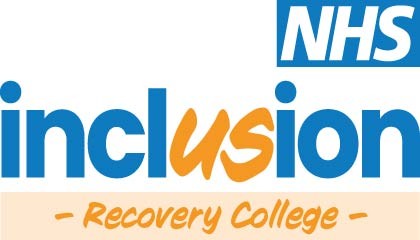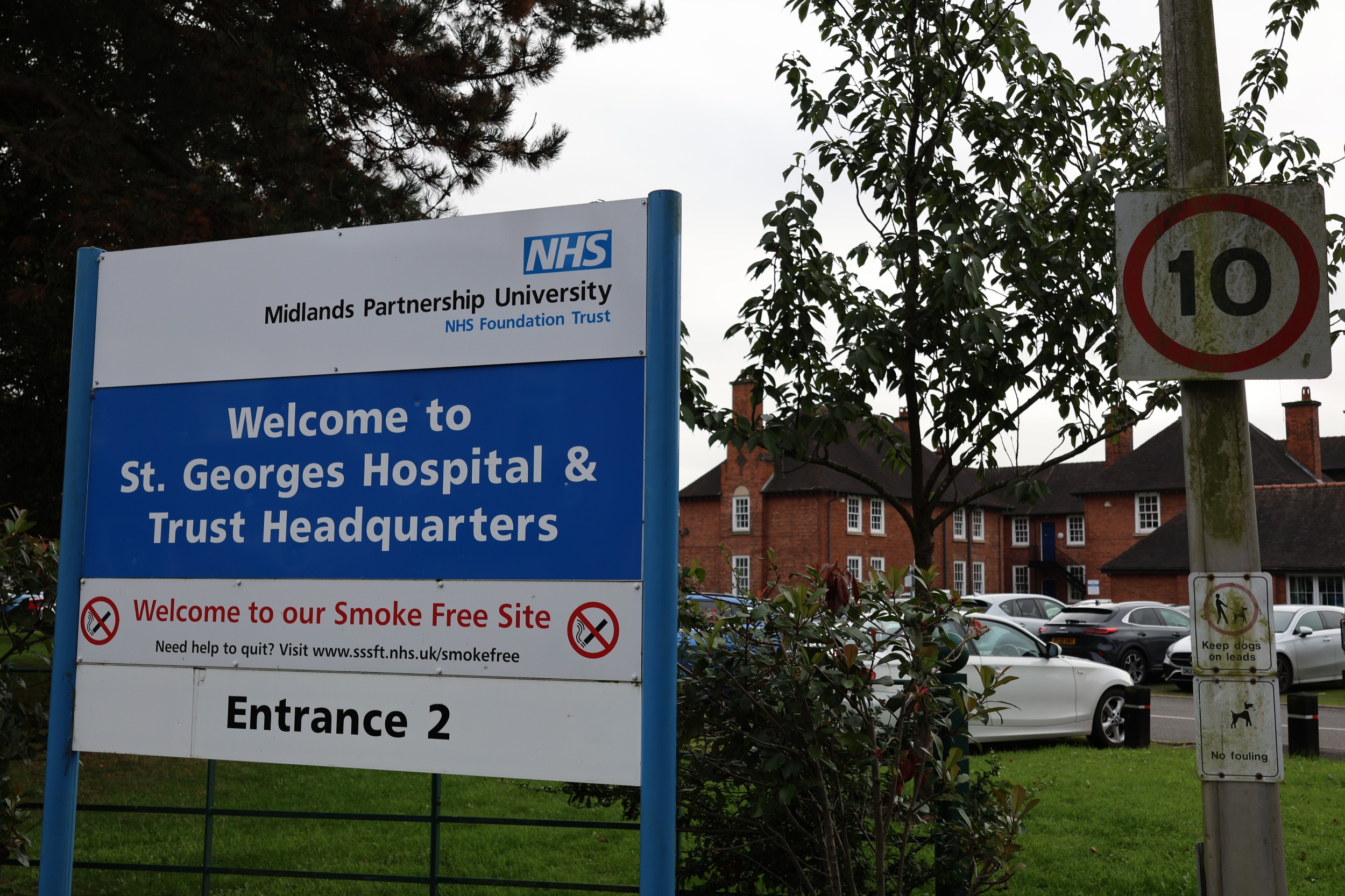On this page…
Welcome to our Military Mental Health Service (also known as Joining Forces), a website for serving military personnel to find out information about mental health problems. The information found here is psychological education. As well as being useful for service personnel, it may also be useful for those who have left military services (the Veterans Community).
The Joining Forces Network is a fully integrated team across the NHS and the MOD Joint Medical Command, including 5 NHS Trusts, and 2 Scottish providers. The Network is led by Midlands Partnership NHS Foundation Trust (MPFT).
This Network provides dedicated NHS Inpatient services to serving military personnel, with individually tailored high quality care, taking a proactive approach to reducing the length of time spent in hospital, by offering alternatives to inpatient services whenever appropriate.
For currently serving personnel the Mental Health Inpatient Service works closely with the patient's unit and Department of Community Mental Health (DCMH), thus aiding recovery and ease of access to services.
Most importantly, the service is culturally sensitive to the needs of serving members of the armed forces (Army, Navy, RAF, Marines), so that treatment meets their needs, including where and how it is delivered.
In addition, there is an exciting, developing remote outpatient psychological service (OPS), for serving personnel, run out of the hub at MPFT, and available nationally via network NHS partners.













